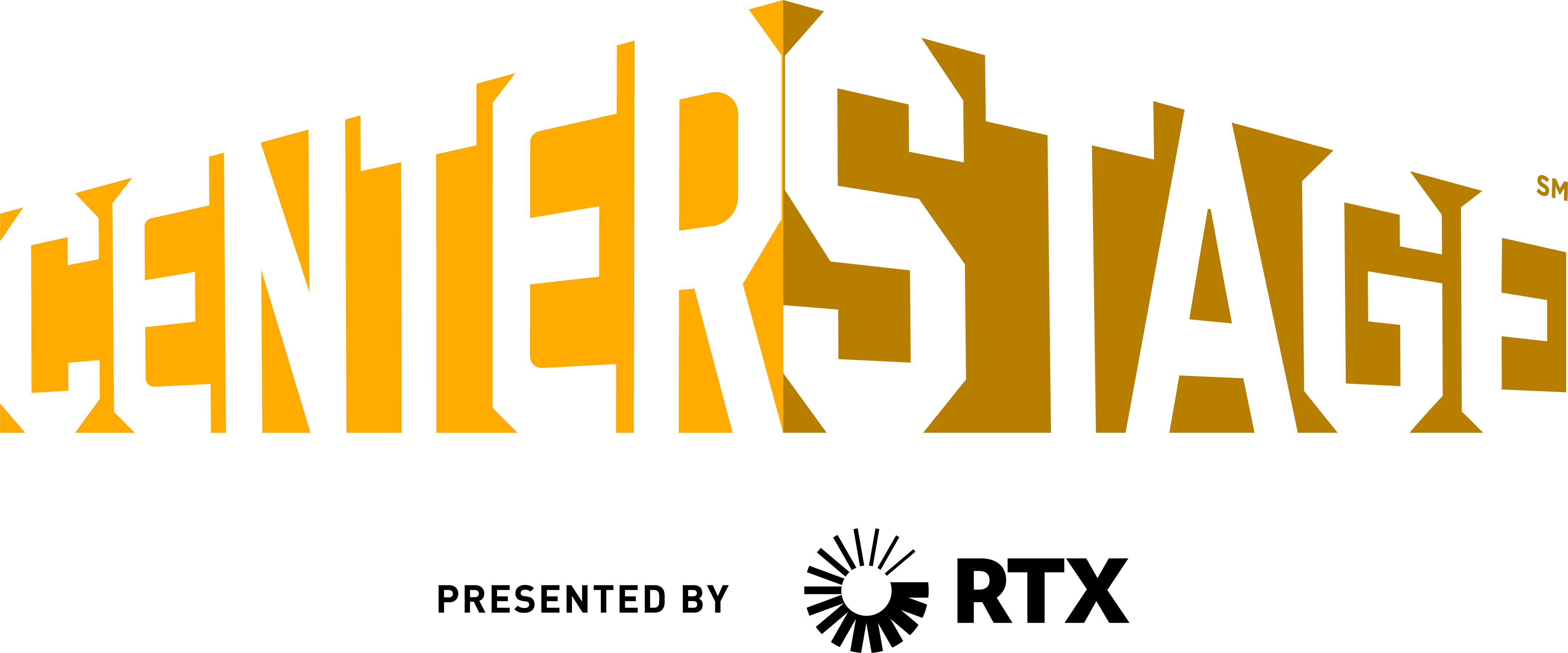FIRST Tech Challenge

For training recordings and slides, check out our training page.
Click here for resources to help your FTC Team
Students get to:
- Design, build, and program robots
- Apply real-world math and science concepts
- Develop problem-solving, organizational, and team-building skills
- Compete and cooperate in alliances and tournaments
- Earn a place in the World Championship
- Qualify for more than $80 million in college scholarships
Most teams in Alaska meet as part of a high school class or an afterschool club anywhere from 2 times per week to every day. The season starts with kick offs hosted by teams around the state on the day of the global challenge release. Teams learn about the game for the current season, then have a few months to get ready for competition. Some communities will host many scrimmages and mini-meets throughout the season, while some teams will just work towards a regional competition. Official Qualifier Tournaments in Alaska are usually held in December through February, leading into a State Championship in February/March. Teams selected during the State Championship may qualify for the FIRST World Championship typically held in April.
In addition to building and programming their robot, each team is expected to do a lot of community outreach. This includes reaching out to younger students (coaching FLL teams, hosting tournaments & workshops), engaging with engineers in and beyond their community, and getting involved in other community events (school assemblies, community events, state fair, etc).
ESSENTIALS
WHO
- FTC Teams are 2-15 kids ranging from advanced middle school students to high school age.
- Teams form in schools, clubs, and neighborhood groups. No requirements on affiliation.
- Teams need at least 2 adult coaches/mentors.
WHERE
- There are teams in most areas of the state including remote villages.
- Many teams meet in school classrooms as an after school club. Basements, garages, and just about any other place works great too.
WHEN
- Most teams form up in late spring or early September.
- Registration opens in late spring and remains open through the fall.
- The challenge is released and kick off events are usually held in early September.
- Official Regional Qualifier Competitions happen all over the state from December through February. Schools are encouraged to host regular scrimmages throughout the season to help prepare for the qualifiers, but we realize that this is not possible for most areas in the state.
- Teams will advance from the official qualifiers to the state championship usually held in late February or early March, hosted in various locations in the state.
- Top teams from the State Championship may qualify for the FIRST World Championship, typically held in April.
HOW
- Check the FTC website for information on starting a team. More information and assistance is available by emailing firstak@jedc.org.
COST
- FTC can be fairly inexpensive, though some programs around the country invest heavily in their programs. We recommend that a team has at least $2,000 for their rookie season. Note: Rookie grants can offset this, and Do it Yourself (DIY) options can greatly reduce the cost.
- Here is a sample budget that shows what kinds of expenses teams can expect:
FTC Registration $275 Current season game elements (Inexpensive DIY options are available) $400 Game field perimeter and floor tiles (Inexpensive DIY options are available) $1000 Kit of Parts (reusable) $900 Event Registrations $50-$200 Travel depends on location Team apparel, buttons, handouts… $0 – $150 Additional parts – sensors, motors, etc $500 (varies widely, depending on team resources) - Teams are funded by schools, parent-teacher organizations, parents, or other sources of funds. Teams are encouraged to find corporate sponsors.